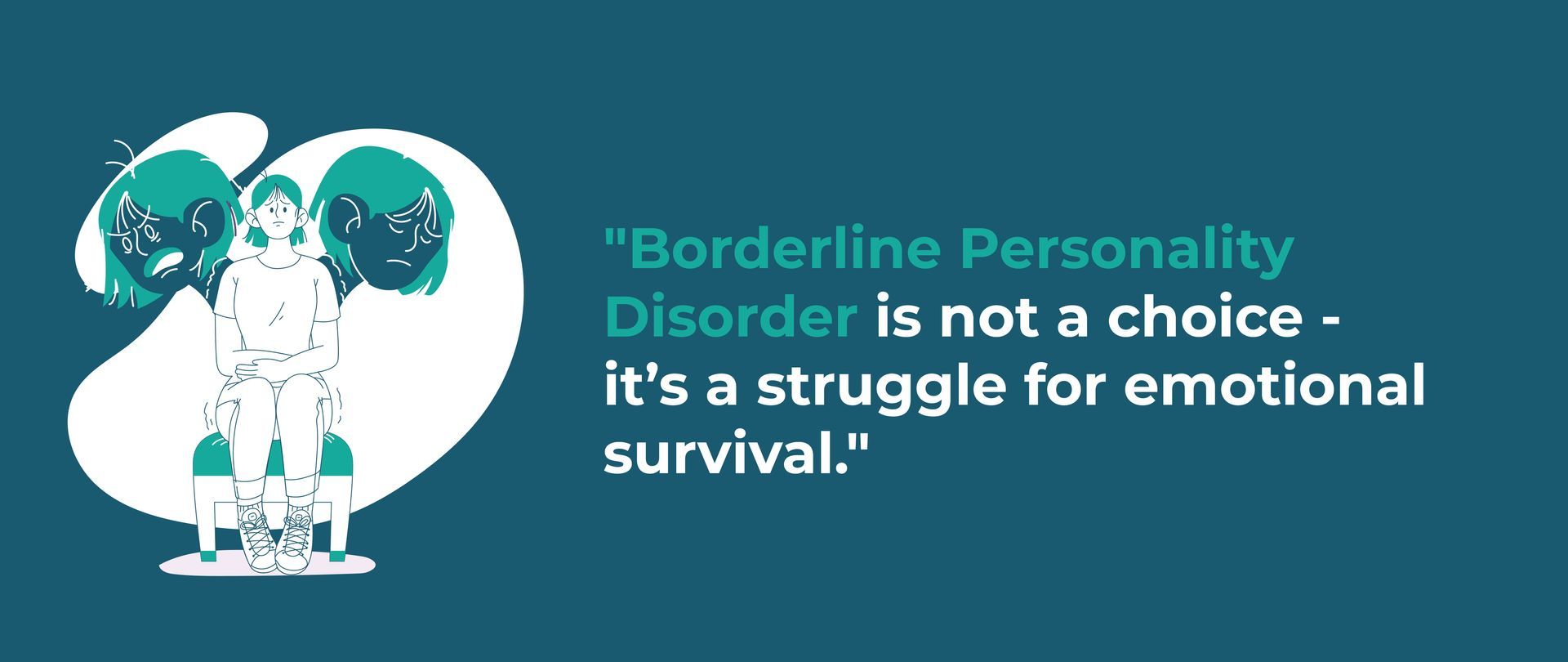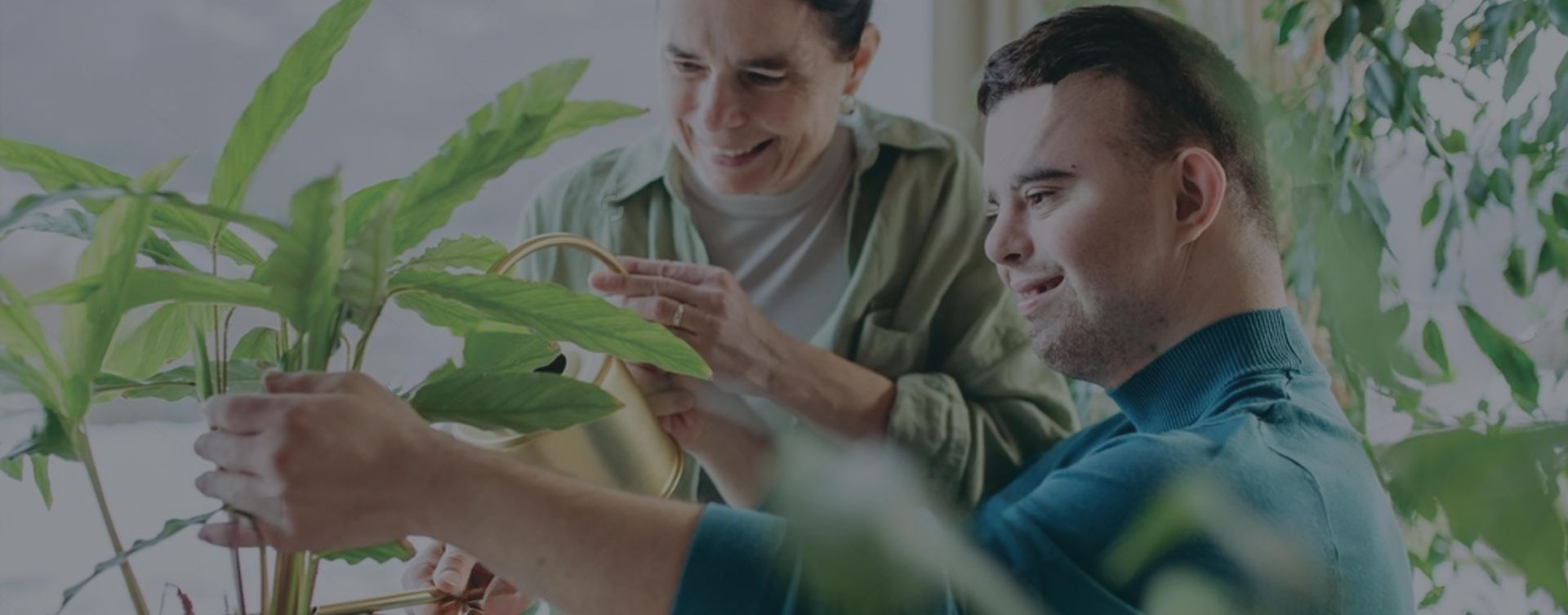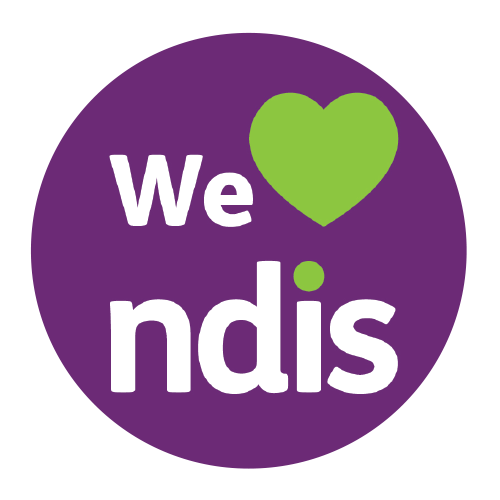Borderline Personality Disorder: What You Should Know
Borderline Personality Disorder (BPD) is often misunderstood. It’s not about being overly dramatic or moody—it’s a complex mental health condition that affects how a person relates to others, manages emotions, and sees themselves. And while it can be incredibly tough to live with, there is hope and help available.
What Is BPD?
BPD is a personality disorder that makes it difficult for people to regulate their emotions. This can lead to intense mood swings, impulsive decisions, and rocky relationships. Someone with BPD may feel emotions more deeply and for longer than others, making everyday situations feel overwhelming.
It’s important to know that BPD is a recognised medical condition, not a personal flaw or weakness. With the right support, people with BPD can lead meaningful, fulfilling lives.
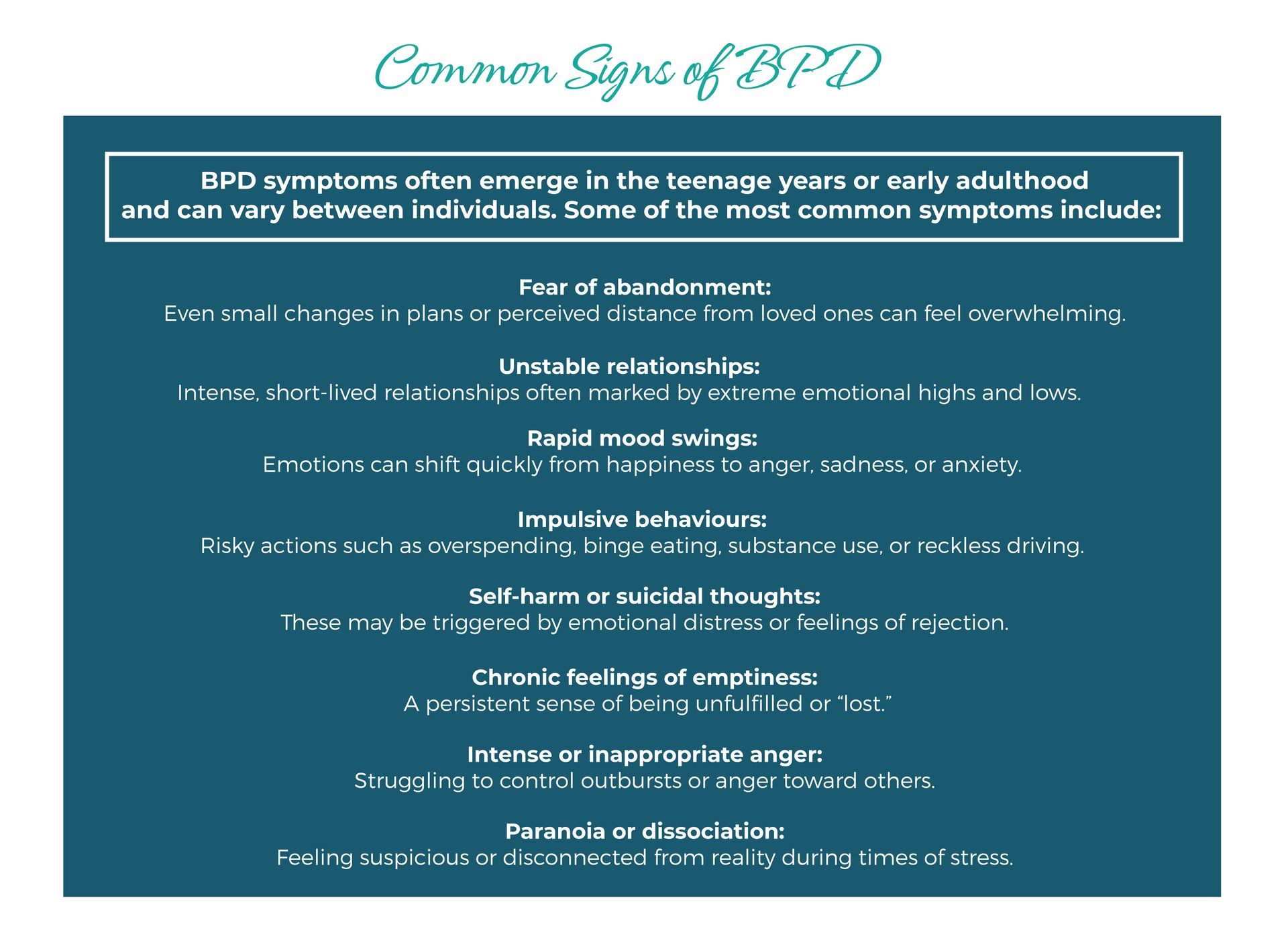
What Causes BPD?
There is no single cause of BPD. Instead, it’s believed to result from a combination of factors, including:
- Trauma or abuse in early life: Many individuals with BPD have experienced childhood trauma, neglect, or inconsistent parenting.
- Genetics and family history: BPD tends to run in families, suggesting a genetic component.
- Brain structure and function: Differences in brain regions involved in emotional regulation and impulse control may contribute to symptoms.
- Environmental stressors: Chaotic or unstable environments can increase vulnerability.
Getting a Diagnosis
BPD is typically diagnosed by a mental health professional, such as a psychologist or psychiatrist. Because its symptoms often overlap with other conditions like depression, anxiety, or PTSD, a thorough assessment is essential. Diagnosis is usually made in adults over the age of 18 and is based on patterns of behaviour, emotional regulation, interpersonal relationships, and self-image over time.
Treatment & Support
Although BPD can be challenging, effective treatment options are available. With proper therapy and support, many people with BPD see significant improvement in their symptoms.
- Dialectical Behavior Therapy (DBT): Specifically developed for BPD, DBT helps people manage emotions, develop coping skills, and improve relationships.
- Cognitive Behavioral Therapy (CBT): Helps change negative thought patterns and behaviors.
- Schema Therapy: Focuses on identifying and changing long-standing negative beliefs developed early in life.
- Medication: While not used to treat BPD directly, medications can help manage symptoms like anxiety, depression, or mood swings.
- Group and family therapy: Encourages communication, understanding, and support from loved ones.
Living With or Supporting Someone with BPD
Living with BPD can feel isolating, but recovery is possible. Small, consistent steps and the support of others can make a big difference.
If you are supporting someone with BPD:
- Educate yourself about the condition to better understand their experiences.
- Offer support without enabling harmful behaviors.
- Set healthy boundaries to protect your own wellbeing.
- Encourage professional help and celebrate progress, no matter how small.
In Crisis?
For immediate crisis support in Australia related to Borderline Personality Disorder (BPD), you can call:
- Lifeline on 13 11 14
- SANE Australia Helpline on 1800 187 263
Both services provide free, confidential support from trained mental health professionals.
The bottom line:
Borderline Personality Disorder is a serious condition—but it’s also one that can be managed with the right tools, support, and treatment. Whether you’re living with BPD or caring for someone who is, know that healing and recovery are always possible.
Resources:
https://www.sane.org/information-and-resources/facts-and-guides/borderline-personality-disorder
https://my.clevelandclinic.org/health/diseases/9762-borderline-personality-disorder-bpd
Take this Borderline Personality Disorder Test
*Borderline syndrome is a complex personality disorder.
Symptoms include e.g. Impulsivity, change of mood & unstable interpersonal relationships.
In the following test, we ask for symptoms that may occur in BPD.
*This test is not an advice or diagnosis but rather for a fun quiz -
Please get diagnosed by a healthcare practitioner.
